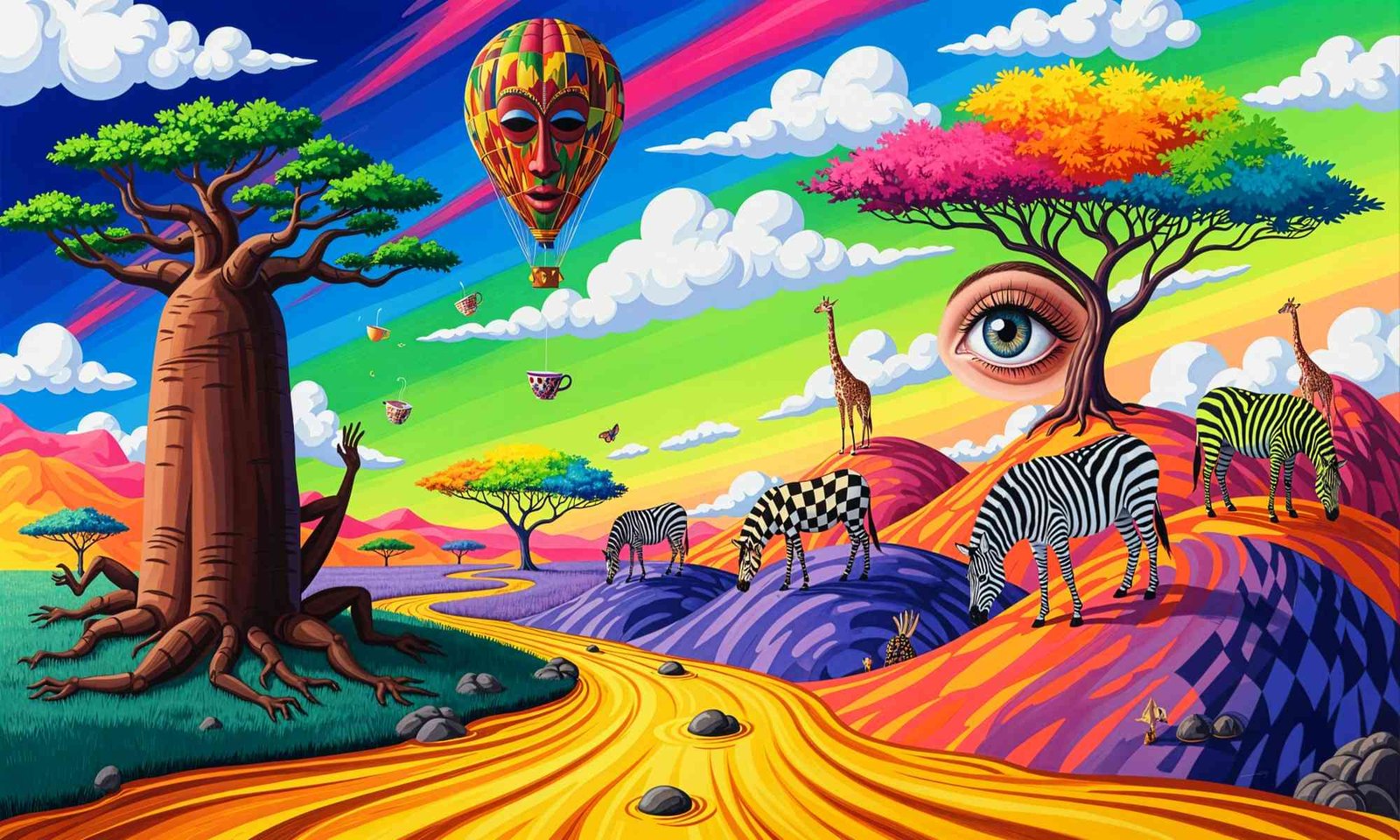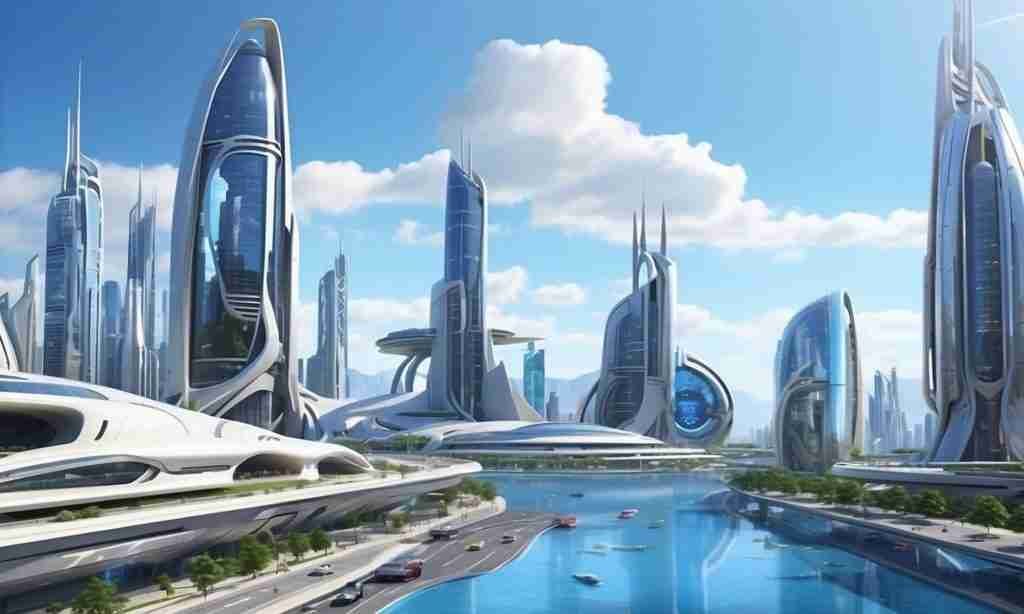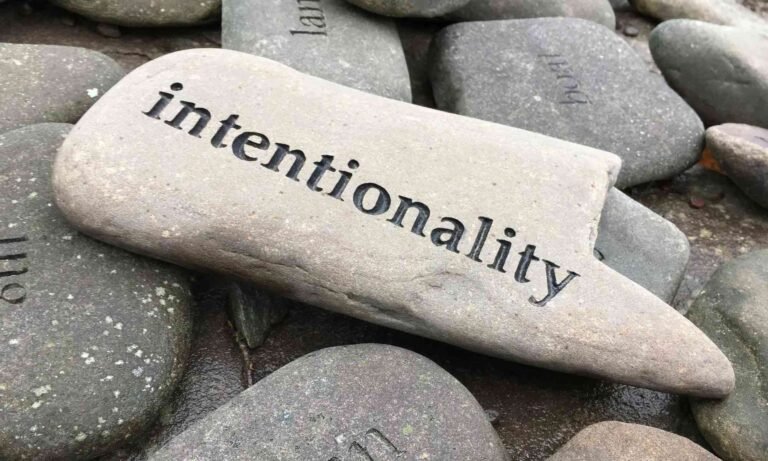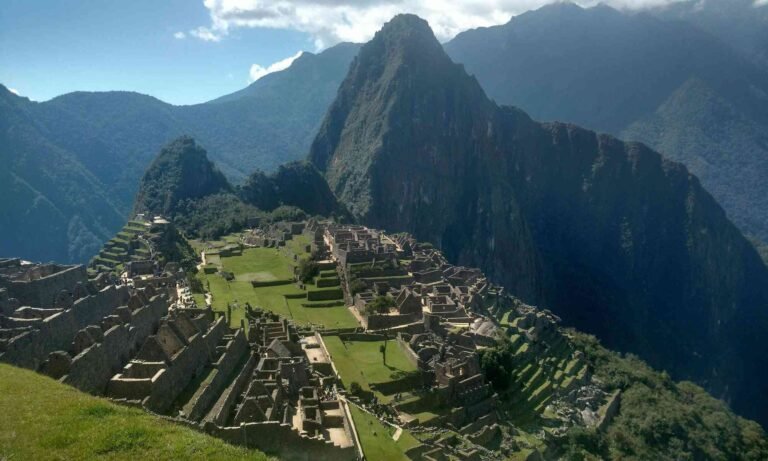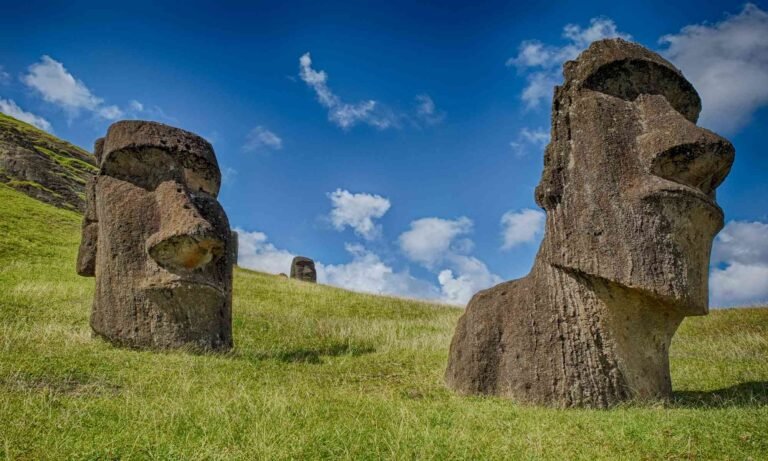Afrofuturism is a cultural, artistic, and philosophical movement that merges elements of African culture with the speculative themes commonly found in Science Fiction, technology, and futuristic imagery. This term encapsulates a varied spectrum of artistic expressions that seek to address the historical experiences and socio-political realities of African diaspora populations. Afrofuturism is not merely a genre but a critical framework through which creators explore alternative futures shaped by African heritage, envisioning possibilities that counteract the narratives rooted in colonialism and systemic oppression.
The origins of Afrofuturism can be traced back to the African diaspora’s rich historical context, particularly the experiences of people of African descent in the United States and elsewhere. The civil rights movement of the 1960s served as a crucial backdrop for the emergence of Afrofuturism, galvanizing artists, writers, and musicians to imagine a future where Black identities and cultures are celebrated and not marginalized. Influential figures like Sun Ra and Octavia Butler were pivotal in laying the groundwork for this movement, combining their art with a desire to redefine Black representation in speculative narratives.
Through various forms such as literature, music, visual arts, and film, Afrofuturism has evolved significantly over the decades. In literature, authors like Nnedi Okorafor and Samuel Delany have crafted narratives that reflect African cosmologies, providing new lenses through which readers can understand the complexities of identity and existence. Meanwhile, musicians like Janelle Monáe and the hip-hop collective Death Grips have drawn upon Afrofuturist themes in their work, blending sounds and subjects that address contemporary issues through a futurist perspective. Visual artists like Kerry James Marshall have also contributed, utilizing their platforms to highlight the importance of history and culture in shaping futuristic visions.
Overall, the multifaceted nature of Afrofuturism reinforces its significance as a transformative movement that not only critiques current societal structures but also fosters a sense of hope by envisioning a more inclusive and equitable future grounded in African roots.
Key Themes and Motifs in Afrofuturism
Afrofuturism is a rich and multifaceted movement characterized by an array of themes and motifs that serve as fundamental building blocks in its artistic expressions, including speculative technology, ancestral memory, resistance, and visions of liberated Black futures that challenge dominant historical narratives.
- One of the most prominent themes is identity, as Afrofuturist works often explore the complexities of Black identity in a world shaped by historical oppression and cultural misrepresentation. Through various media, including literature, visual arts, and music, creators seek to reclaim their narratives, presenting alternative identities that empower and uplift. This quest for identity frequently intersects with the theme of community, emphasizing the importance of collective experiences and shared heritage in shaping individual and cultural identities.
- Another central motif in Afrofuturism is resilience, highlighting the perseverance of Black individuals and communities in the face of adversity. This theme not only reflects the struggles of the past but also illustrates a hopeful outlook towards the future. Afrofuturists often draw upon African spirituality and ancestral legacy, integrating these elements into their works to craft identities that acknowledge and honor their roots. By revisiting and reinterpreting ancestral stories, these creators instill a sense of continuity and purpose, reinforcing the idea that the past can inform and invigorate contemporary identity.
- Furthermore, technology plays a significant role in Afrofuturism, serving as both a tool for liberation and a medium for imagining innovative futures. The incorporation of advanced technology symbolizes Black aspirations for progress and creativity, allowing for the exploration of potential realities that transcend the limitations imposed by historical narratives. By envisioning futures where technology aids in overcoming systemic barriers, Afrofuturism fosters a sense of empowerment and belonging, inviting audiences to participate in reimagining history and shaping future narratives.
Through these key themes and motifs, Afrofuturism emerges as a powerful lens through which to understand and envision the multifaceted experiences of Black people in today’s world.
Influential Figures and Works in Afrofuturism
Afrofuturism, an artistic and cultural movement, draws inspiration from the African diaspora’s history and aspirations, blending elements of science fiction, history, and spirituality. It has been shaped by influential figures across creative domains, including Octavia Butler, whose groundbreaking novels explore race, identity, and the human experience in speculative futures. Works such as “Kindred” and the “Patternist” series are renowned for their complex characters and narratives that challenge societal norms and envision alternative realities.
In addition to literature, music serves as a vital medium within Afrofuturism. Sun Ra, an innovative jazz musician, is a central figure whose work exemplifies the genre’s themes. His explorations of cosmic philosophies and futuristic aesthetics are reflected in compositions like “Space Is the Place,” where he merges avant-garde jazz with the notion of alienation and liberation. Sun Ra’s philosophy not only redefines musical boundaries but also invites audiences to consider broader existential questions through a uniquely Afrofuturistic lens.
Contemporary visual artists have also made significant contributions to Afrofuturism, providing diverse interpretations that resonate with today’s cultural landscape. Artists such as Kambui Olujimi and Ytasha Womack use their mediums to explore identities, histories, and futures through striking visual narratives. Their work often combines traditional African motifs with futuristic and fantastical elements, creating a dialogue that extends the boundaries of contemporary art.
These influential figures and their works illustrate the rich tapestry of Afrofuturism. Each contributes to the ongoing conversation about race, culture, and technology, emphasizing how these themes continue to evolve. As the movement gains recognition, the contributions of these creators help solidify Afrofuturism as not just a genre, but a profound expression of hope and resilience within the African experience.
The Future of Afrofuturism: Trends and Cultural Impact
Black Panther is a cinematic milestone that merges superhero action with cultural depth. Set in Wakanda, a fictional African nation untouched by colonialism, the film reimagines Black identity through Afrofuturist aesthetics and political nuance. It challenges dominant narratives, celebrates African heritage, and sparked global conversations about representation, sovereignty, and mythmaking. As both entertainment and cultural statement, Black Panther continues to influence how Black futures are envisioned in mainstream media.
Afrofuturism, as a rich and dynamic cultural movement, continues to evolve in response to contemporary societal shifts, technological advancements, and changes in global consciousness. It serves not only as a form of artistic expression but as a framework for reimagining the future through the lens of the African diaspora. The future trajectory of this intriguing movement suggests several emerging trends that may strengthen its impact on modern discourse regarding race, identity, and technology.
One notable trend is the increasing incorporation of Afrofuturist themes within mainstream media, including film, music, literature, and fashion. With the success of projects like “Black Panther” and the works of authors such as Nnedi Okorafor, we can observe a notable broadening of representation that resonates authentically with diverse audiences. These representations challenge prevailing narratives and promote a more nuanced understanding of the African experience, fostering an environment where Afrofuturism can flourish.
Moreover, as contemporary society grapples with issues of systemic racism and inequality, Afrofuturism provides an avenue for envisioning alternate futures. It encourages individuals and communities to engage critically with themes of equity and social justice. Technology plays a vital role in this aspiration; digital platforms and virtual realities are being harnessed to explore new expressions of Afrofuturism and expand its reach. This facet of the movement opens dialogue around the intersections of tech and identity while raising questions about access and representation in digital spaces.
Ultimately, the future of Afrofuturism lies not only in artistic innovations but also in its capacity to inspire broader cultural change. Readers are invited to consider their role in this evolution. By engaging in discussions surrounding Afrofuturism, individuals can contribute to reshaping narratives and fostering understanding across diverse communities. Continued dialogue around its themes will be vital for fostering meaningful connections and inspiring collective action in the pursuit of a more equitable future.
What’s More
The posts in My Blog feature reflective, story-driven pieces rooted in personal and societal insights.
The topics in My Interests explore abstract, philosophical ideas and their cultural and societal impact.
👁️ 10,428 Views

